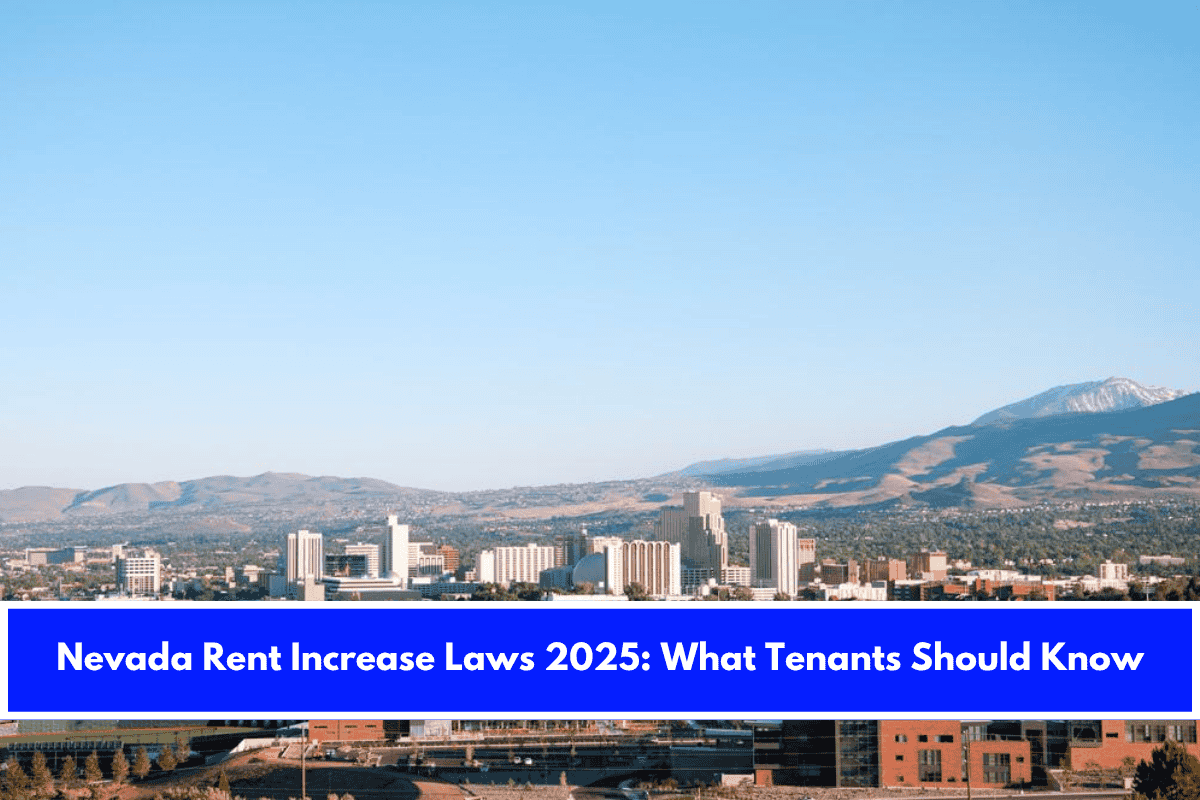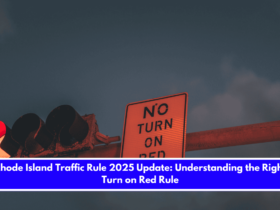Nevada’s rental market in 2025 remains largely unregulated when it comes to rent control, making it one of the most landlord-friendly states in the U.S. However, recent legislative changes and ongoing debates mean tenants should stay alert to evolving rules. Here’s a concise overview of what Nevada tenants need to know about rent increases this year.
Key Points for Tenants in 2025
No Statewide Rent Control (Except for Specific Cases)
- Nevada does not have any statewide rent control laws for most rental properties. Landlords can raise rent by any amount when a lease ends, provided they follow required notice procedures.
- There are no caps on the frequency or percentage of rent increases for standard residential leases.
Notice Requirements
- For month-to-month leases, landlords must provide at least 60 days’ written notice before increasing rent.
- For week-to-week leases, a 30-day written notice is required.
- For fixed-term leases (such as one-year leases), rent cannot be raised during the lease term unless the lease specifically allows it. Any increase for renewal should be communicated before the new term begins, with 60 days’ notice being standard.
Special Rules for Manufactured Home Parks
- New legislation (BDR 10-755) introduces a cap on rent increases for month-to-month tenants in manufactured home parks, tying the maximum allowable increase to 60% of the 12-month average change in the Consumer Price Index for the West Region. This cap is calculated and published annually by the state’s Housing Division.
Elderly Tenant Protections
- Starting July 1, 2025, Nevada will cap rent increases for elderly tenants at no more than 10% per year for existing tenants, offering new protections for this vulnerable group.
Prohibitions on Discriminatory or Retaliatory Increases
- Landlords cannot raise rent in retaliation for tenants exercising their legal rights (such as requesting repairs or reporting violations) or in a discriminatory manner based on protected characteristics.
Challenging a Rent Increase
- If a tenant believes a rent increase is retaliatory, discriminatory, or was not given with proper notice, they may file a complaint with the Nevada Attorney General’s office or seek resolution through the Justice Court.
What Should Tenants Do If They Receive a Rent Increase Notice?
- Review your lease to confirm the terms and check if the notice period was met.
- Ensure the notice is in writing and specifies the new rent and effective date.
- Negotiate with your landlord if the increase is unaffordable—open communication may yield a compromise.
- Seek legal advice if you suspect the increase violates notice requirements or is retaliatory/discriminatory.
Stay Informed
Nevada’s rental laws are subject to change, with ongoing debates about rent control and tenant protections. Tenants should monitor state and local developments to stay aware of their rights6.
In summary, while Nevada does not impose general rent caps, tenants are protected by notice requirements and specific new rules for manufactured home parks and elderly renters. Understanding these laws is essential for navigating rent increases in 2025.
Sources:
- https://www.doorloop.com/laws/nevada-landlord-tenant-rights
- https://www.hemlane.com/resources/nevada-rent-control-laws/
- https://www.leg.state.nv.us/Session/83rd2025/BDR/BDR83_10-0755.pdf
- https://www.steadily.com/blog/rent-increase-laws-regulations-nevada











Leave a Reply